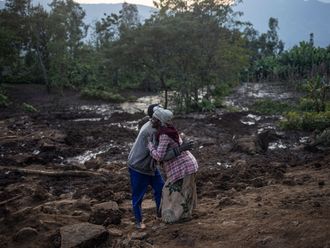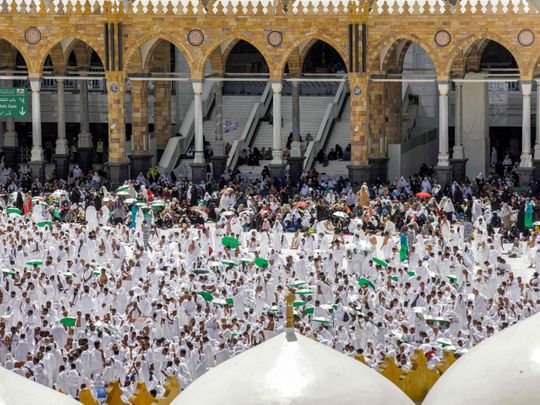
Cairo: Saudi authorities have opened further access and exit points at the Grand Mosque, Islam’s holiest site in Mecca, to limit congestion and cope with increasing number of worshippers during Ramadan.
The General Presidency for Affairs of the Two Holy Mosques has provided five more entrances to the prayer area on the ground floor of the site, one entrance to the Ajiad Bridge, three more entrances to the stairways and another entrance to the prayer areas on the first floor and the rooftop.
“The entrances and exits have been opened to prevent over-crowding inside the prayer areas,” said head of the Worshipper Crowd Department Khalaf Al Otaibi.
He added that when the prayer places inside the mosque reach their full capacity, worshippers are guided to the prayer area at the Third Expansion of the Mosque as well as its outer courtyards.
“The department inspects and readies prayer places to receive worshippers in coordination with competent bodies amid increas-ing numbers of the faithful during the month of Ramadan,” he added.
Owing to a surge in worshippers at the mosque, home to the Holy Kaaba, the Saudi General Directorate of Public Security on Fri-day advised the faithful to perform the weekly noon prayers at other mosques near their homes to help ease congestion at the holy site.
Ramadan usually marks the peak season of Umrah or minor pilgrimage at the Grand Mosque.
The Saudi Ministry of Hajj and Umrah last week advised the faithful to limit themselves to one Umrah or lesser pilgrimage, make their reservations enough time before undertaking the rites to help ease congestion at the Grand Mosque during Ramadan.
Saudi Arabia expects the number of Umrah pilgrims to reach 9 million by the end of Ramadan.
Saudi Arabia has in recent months unveiled a slew of facilities for Muslims wishing to come to the country to undertake Umrah.
Millions of Muslims, who cannot afford the annual Hajj rituals physically or financially, annually go to Saudi Arabia to perform Umrah.



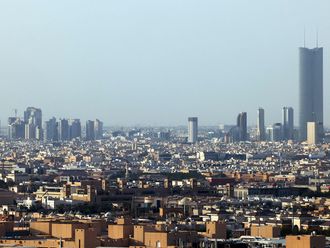


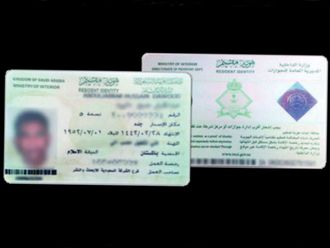

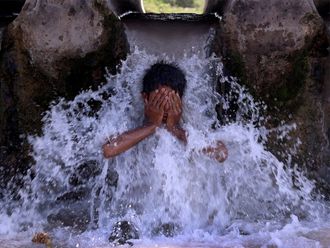

_resources1_16a30b3523c_small.jpg)
